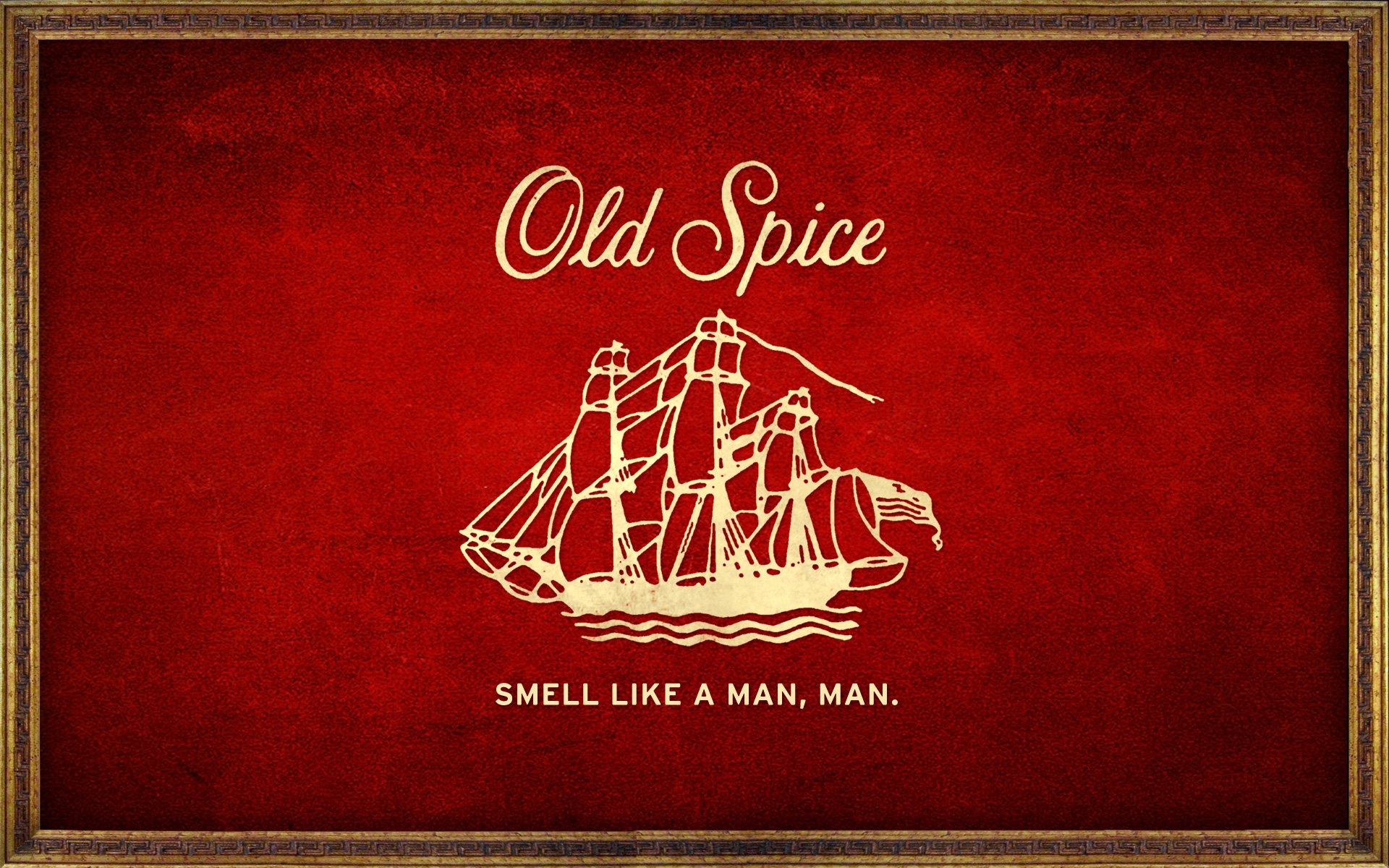Zoom Out🔭

“So, you’re flying across the country for three days… tell me why again?”
I sighed. The new president of the cause I’d been working at for over 5 years was questioning whether my upcoming prospecting trip was worthwhile.
“We have a couple there who have been champion connectors for us over the last 3 years. I believe it’s important to continue nurturing and strengthening the relationship with them.”
“How much do they give annually?”, he asked. “$1,500 to $2,000,” I replied. Still somewhat skeptical, he replied. “I just don’t get it.”
I went on to remind him of the connections this couple helped us with, increasing our resources by well over $250,000 in just over 2 years. In spite of my effort to explain, it wasn’t making sense to him. Why would I not plan to see any of those new givers? (There were several reasons I didn’t need to see those people which I won’t get into here…) The purpose of my trip was specifically to spend time with these valuable connectors. I treated these folks just like some of our top major givers to the organization. Eventually, to my boss’s credit, I was given approval to make the trip, even though he wasn’t happy about it.
Ugh. It’s a really unfortunate memory. I lasted less than a year more with that (amazing) cause.
This story is a clear example of strategy myopia in major gift fundraising. And no, myopia is not the clinical term for that annoying bunion on your left big toe. Our president was hyper-focused on the urgent, proven, and easily measurable outcomes. An understandable but pernicious mistake in major gift fundraising. Thanks, btw, to Seth Godin for sparking my thoughts on this.
Strategy myopia is particularly common in major gift fundraising, where the urgency of securing large gifts can overshadow the strategic depth needed for sustainable growth.
So how do you know if strategy myopia is seeping into your daily and weekly efforts? Let’s take a moment to ZOOM OUT and look at a few important disciplines to keep it at bay.
#1 - Zen - stay balanced and centered.It’s easy to get caught up in the moment when pursuing large gifts. You have a big ask in front of you, and securing it might seem like the ultimate goal. But focusing solely on immediate gains can narrow your scope. Strategy myopia leads fundraisers to focus on short-term wins, like reaching an annual fundraising target, while losing sight of broader, long-term relationships with givers.
#2 - Overview & overhaul - regularly reassess your strategy.One of the key insights from Godin’s article is the importance of questioning and reassessing your strategy. Fundraising strategies can become stagnant, even when they seem successful. This is where a systematic approach to relationship building, like the SToR (Strength of Relationship) tool, is valuable. By regularly assessing your relationships and adjusting your strategies, you avoid the trap of assuming what worked yesterday will work tomorrow.
#3 - Outreach - build meaningful connections beyond the transaction.Transactional fundraising encourages short-sighted thinking. The donation is not the only win. You don’t want to get stuck in a cycle of chasing large donations without deepening relationships that lead to sustainable support. Instead, focus on transformational fundraising, where you build trust, listen to personal goals, and create a shared vision with prospects and givers.
#4 - Manifest - engage in broader conversations to turn ideas into reality.Strategy myopia often leads into conversations that are solely about your cause and your needs. But as many of you know, your givers are involved in multiple causes. Next time you meet a giver, try asking: "What other causes are you passionate about?" or "How do you see your giving evolving over the next five years?" These questions open the door for a richer, more meaningful conversations.

#5 - Optimize outputs - fine-tune processes and rethink metrics of success.Traditional fundraising metrics often emphasize dollar amounts raised, which can reinforce strategy myopia by rewarding short-term wins over long-term growth. Consider implementing a relationship-scoring system that assesses not just financial contributions but the depth of engagement, such as engaging both spouses or talking with them about their passion for other causes. This provides a clearer picture of what steps you need to take to strengthen your partnership with them.
#6 - Uphold - avoid chasing every trend and stay true to core values.As Godin’s article suggests, strategy myopia often results from chasing the latest trend. In the world of major gift fundraising, this might mean you’re focusing too much on specific tools, events, or campaigns that seem to be working for other organizations, rather than developing a strategy that fits your unique givers and mission.
#7 - Tailor and tune - embrace flexibility and adapt as needed.Being adaptive is crucial for fundraisers. Strategy myopia can leave you rigid, adhering to a set plan even when circumstances shift. For example, if a major giver experiences a significant life change - be it a financial windfall or a personal hardship - be ready to adjust your approach accordingly. Being flexible helps you maintain relationships even during uncertain times.
So there you have it - avoid strategy myopia by taking time regularly to ZOOM OUT. It requires a balance of clear-sightedness, flexibility, and a commitment to long-term relationships. Not only will you set your cause up for success in major gift fundraising, I suspect you will enjoy yourself a whole lot more along the way!
Let me know how you’re doing! Praying for you all regularly.
* * * * * * * * * *
If you haven't taken advantage of some of the resources I've created to help major gift fundraisers, take a look now! Initial calls with me are free and "no strings attached". Sometimes folks feel like they need to wait and not 'bother' me until they have a pressing issue. No need for that...just make the call. 🕺
Here's where you can access a lot of content for free:
* Follow me on LinkedIn - You'll get short pro-tips and reflections on major gift fundraising every day between 5-7am pacific.
* Breakthru Newsletter - As you've seen here, these are longer weekly posts (audio and written) sent directly to your email.
* Breakthru Blog - the newsletter from the previous week gets posted here each week for everyone (so email subscribers get it a week early).
* Breakthru Podcast - Interviews with high net worth givers about how we as fundraisers can get better at inviting them to the party. And audio readings of Breakthru Blog posts.
Before getting to the PAID stuff: My opinion is that no small ministry with a tight budget should be spending more than $3-5k (total) for major gift coaching/consulting. Most of you will be good-to-go spending far less than that. This was a major issue for me when I was a frontline fundraiser - major gift consultants were an expensive 'black-box-of-confusion' for me. That stops now.
Here's the PAID stuff:
* Online Catalyst Course - This is a full brain dump of my 28+ years of experience - good, bad, ugly. It's built around the fundamentals, the sacredness, and the fun, of major gift fundraising. It's infused with Henri Nouwen reflections. Many people can take this course and they will be 'cooking-with-gas' and not need any additional coaching from me on the core systems. I'm grateful that this course has gotten *great* reviews.
* Live coaching with me - I refer to this as "brain rental". The ROI on live coaching, as you might imagine, is extraordinary.
Finally, be sure to connect with my colleague Ivana Salloum. She's super awesome and can help with scheduling and access to resources, etc.
I look forward to hearing about your good work!
Blessings,







